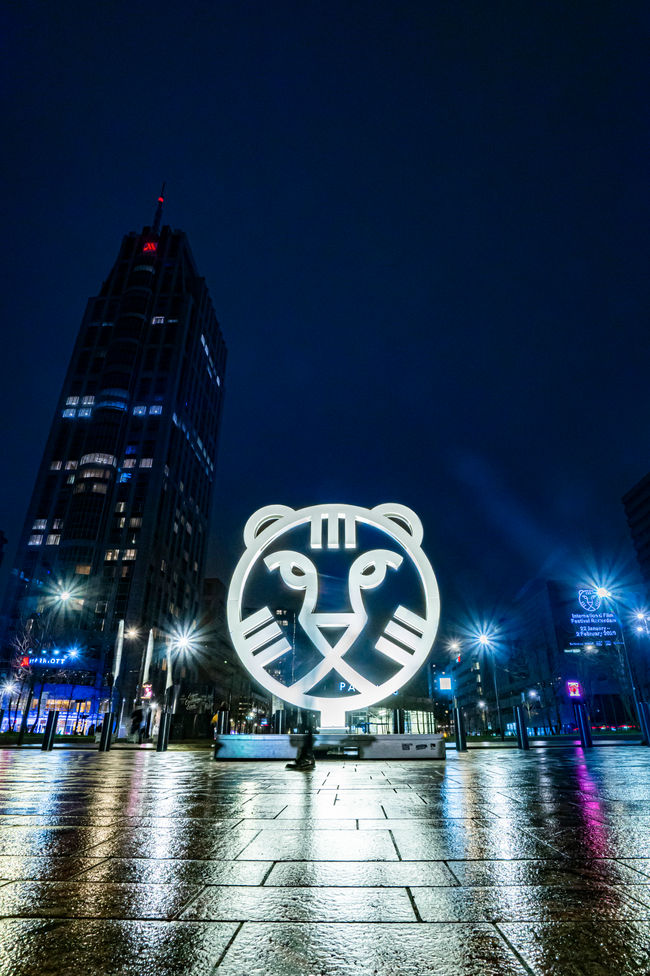Interview with Artem Aisagaliev
29 January 2020
By Young Film Critic Victor Morozov
By Young Film Critic Victor Morozov
Let’s start by talking a bit about your personal life trajectory up to this film. You completed your studies in the United States, but decided to shoot your first feature in Russia, the country of your childhood.
I think the trick is always to move around, to keep your eye sharp. It’s all about details, and I believe you can better capture these details if you explore as much as you can.
Although we never actually get a proper view of the surroundings, as you described, there are a lot of details piling up – from Christmas trees to fireworks or special dishes – which are clearly tied to a particular Eastern environment. You manage to explore this space in an almost sociological manner.
Having spent much time in the US, I grew curious about my nomadic roots – I wanted to dig deeper into the place where my grandfather settled. The cast and almost everyone involved in the movie are part of my family. I wanted to explore this idea – where my whole personality is all coming from – so I decided to use the environment where my roots are based. Gradually the project became less about the roots – my grandfather, “babai” – and more about where the roots led to – those two young kids who are part of the same family.
The way you film the apartment blocks – a habitual post-Soviet sight – does not impose a negative point of view, in the way some other films from Eastern Europe do. Was this intentional?
My feelings tend to be more like adoration – I love the places I shot, I could even say they are intimate, even though it might not look like that. These locations are very familiar to me. When I was growing up in Moscow, I would go there every summer to visit my grandparents; it is related to family for me. The film is about childhood and how it forms and shapes your personality as you grow up. There are traumatic things in it, as well. It’s all concentrated in these places.
You chose very tight visual compositions, which do not allow much space for the eye to wander. You stick very close to your characters.
I believe that what is going on outside the frame is often more important than what is inside it. That’s why we worked on the sound for a couple of weeks, even after all of the footage was already gathered. Our choices were very intuitive. We had a loose script, but the idea was to leave a space for unexpected things to happen; those are the most precious things. We also shot with a 15mm lens – that was the first lens that I had as a kid, when I got my first camera.
On the other hand, the film starts with this rather violent scene of the authoritarian father; but afterwards, as the kids are left on their own, it’s as if they – and the film itself – achieved a kind of freedom.
I feel the film is built on a wave: there is this adult world, very different from the kids’ world. The kids are freer when they explore the adult world, but it’s also traumatic. All the things are new in childhood; it’s a trip when you see and feel things for the first time.
At moments, the movie departs from this raw texture and ventures into much more poetic compositions, such as the scene when people holding lanterns disappear into the night.
Those transitions are also related to the way you see the world as a child. Everything is very trippy and you don’t understand how things work. It’s like exploring the unknown – everything is covered in fog, and diffuse when you encounter it for the first time. Later on, when you grow up, it all becomes more clear and crisp.
Did you have certain artistic influences for this movie?
I don’t really like to watch movies, I want to keep myself clean in terms of influences. It came from here [he points to the heart]. There is no way to make a good film from here [he points to the head]. It has to be a concentration of all the emotions which come from your inner side – for me, in cinema there is no rationality, but only pure emotions. That is the only way in which I can create.











